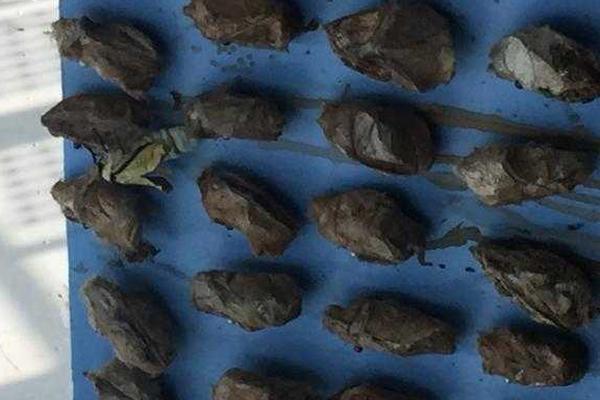
Walletinvestor digi plus-APP, download it now, new users will receive a novice gift pack.
UEFA Champions League live streaming free
author: 2025-02-23 19:25bingo plus update today Philippines
author: 2025-02-23 17:24App to watch Champions League live free
author: 2025-02-23 18:19UEFA Champions League live streaming free
author: 2025-02-23 18:00 Hearthstone Arena class tier list 2024
Hearthstone Arena class tier list 2024
464.42MB
Check DigiPlus Philippine
DigiPlus Philippine
975.88MB
Check Free sports events uefa champions league app android
Free sports events uefa champions league app android
786.27MB
Check Casino Plus free 100
Casino Plus free 100
483.38MB
Check casino plus free 100
casino plus free 100
268.12MB
Check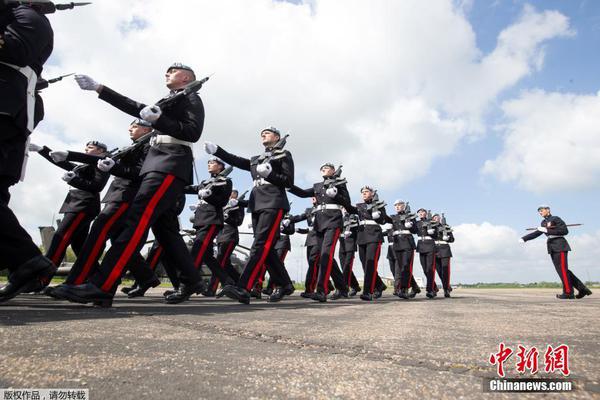 UEFA Champions League standings
UEFA Champions League standings
628.82MB
Check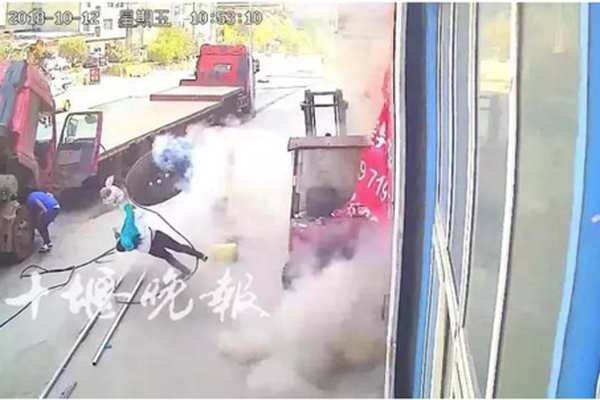 UEFA Champions League live streaming app
UEFA Champions League live streaming app
433.42MB
Check casino plus free 100
casino plus free 100
372.45MB
Check European Cup live
European Cup live
415.37MB
Check Hearthstone arena class win rates reddit
Hearthstone arena class win rates reddit
285.78MB
Check Casino redeem
Casino redeem
119.79MB
Check Casino Plus GCash login
Casino Plus GCash login
617.27MB
Check Champions League
Champions League
589.84MB
Check Free sports events uefa champions league app android
Free sports events uefa champions league app android
138.19MB
Check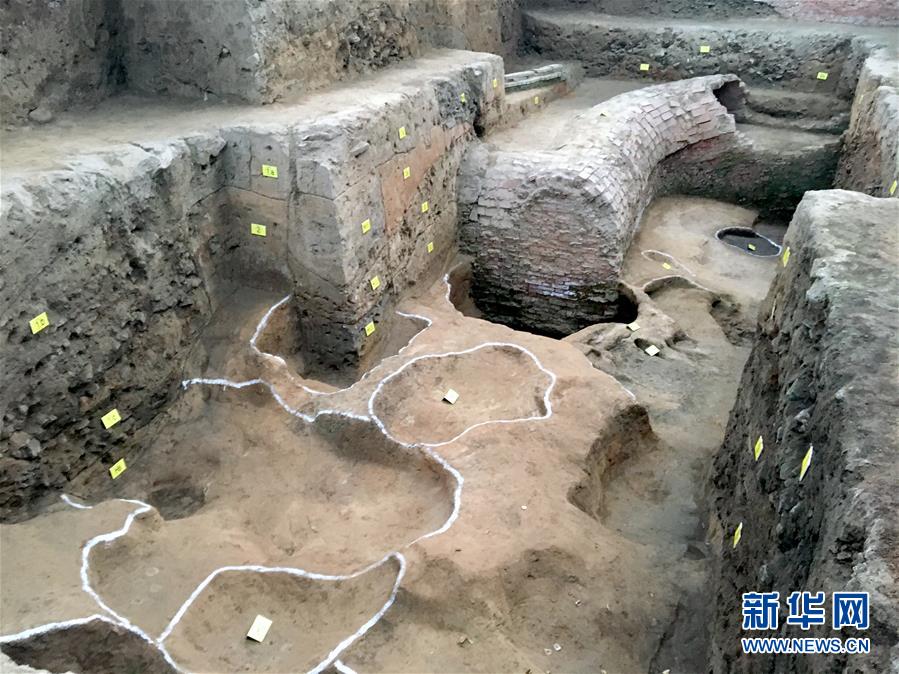 European Cup live
European Cup live
224.34MB
Check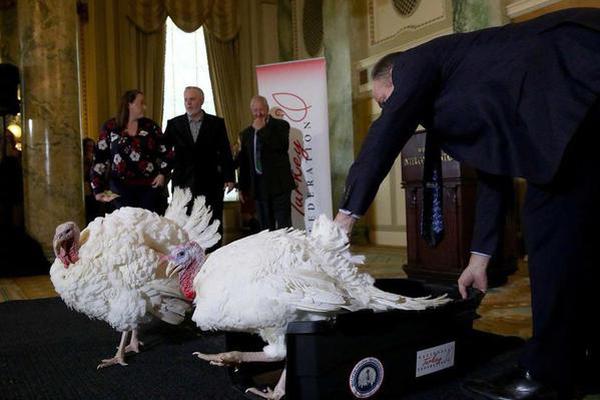 Bingo Plus stock
Bingo Plus stock
227.11MB
Check Walletinvestor digi plus
Walletinvestor digi plus
221.37MB
Check Casino redeem
Casino redeem
165.41MB
Check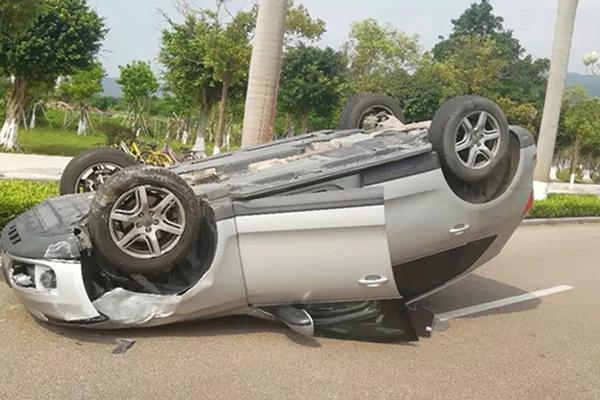 casino plus free 100
casino plus free 100
635.58MB
Check Bingo Plus
Bingo Plus
292.36MB
Check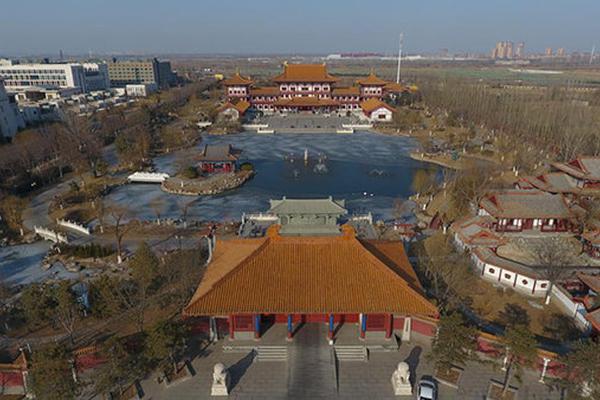 Casino Plus app
Casino Plus app
932.64MB
Check Bingo Plus
Bingo Plus
669.13MB
Check Hearthstone Arena class tier list 2024
Hearthstone Arena class tier list 2024
434.19MB
Check PAGCOR online casino free 100
PAGCOR online casino free 100
845.32MB
Check Walletinvestor digi plus
Walletinvestor digi plus
789.13MB
Check Arena plus APK
Arena plus APK
578.91MB
Check European Cup live
European Cup live
962.78MB
Check casino plus free 100
casino plus free 100
438.42MB
Check UEFA live free
UEFA live free
182.55MB
Check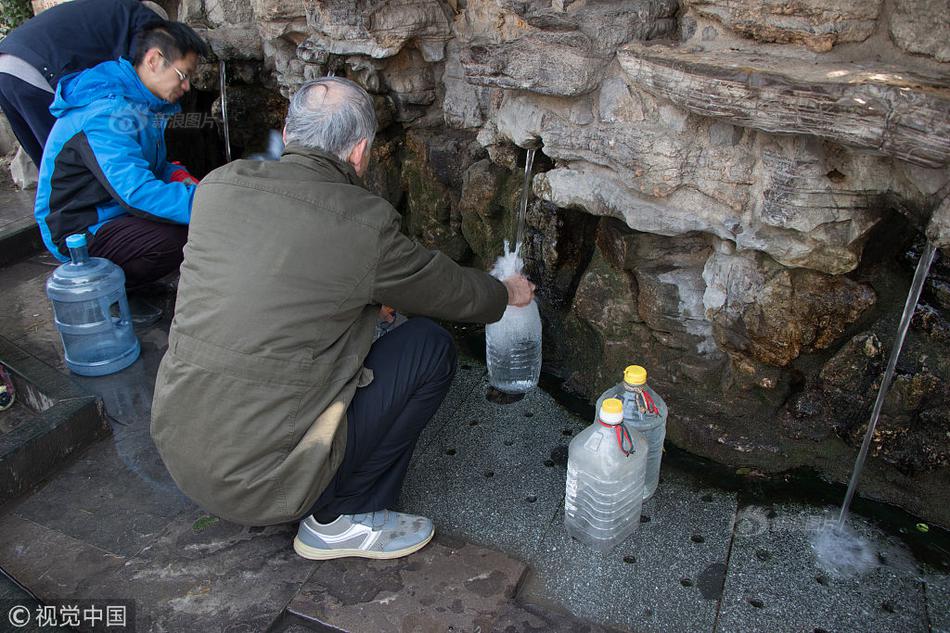 UEFA live free
UEFA live free
778.12MB
Check UEFA Champions League live streaming free
UEFA Champions League live streaming free
513.97MB
Check Bingo Plus stock
Bingo Plus stock
724.85MB
Check Hearthstone arena class win rates reddit
Hearthstone arena class win rates reddit
514.33MB
Check UEFA Champions League live
UEFA Champions League live
978.91MB
Check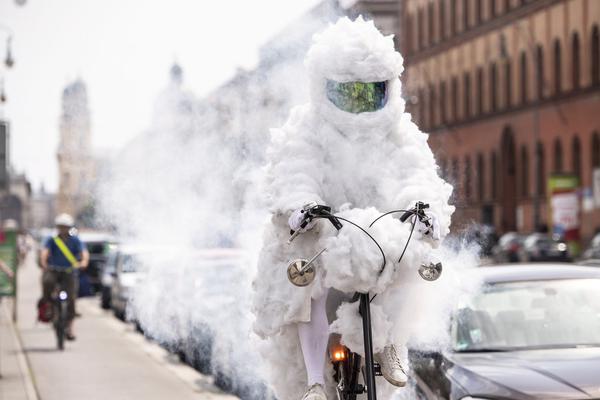 UEFA Champions League live
UEFA Champions League live
891.28MB
Check Casino Plus free 100
Casino Plus free 100
321.38MB
Check
Scan to install
Walletinvestor digi plus to discover more
Netizen comments More
1587 Casino free 100 no deposit
2025-02-23 19:08 recommend
1693 Walletinvestor digi plus
2025-02-23 18:50 recommend
350 TNT Sports
2025-02-23 17:59 recommend
1968 Bingo Plus
2025-02-23 17:49 recommend
2842 PAGCOR online casino free 100
2025-02-23 17:35 recommend